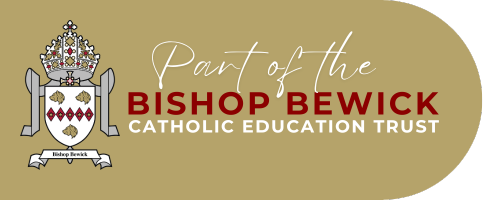
DESIGN TECHNOLOGY
DESIGN TECHNOLOGY
INTRODUCTION:
Our curriculum is aimed at helping pupils develop imagination and levels of creativity in order to learn about designing and making products to solve problems and meet needs. The subject, by nature, is process driven rather than by themes and as such we have adopted six main principles of design which are:
User
Purpose
Functionality
Design decisions
Innovation
Authenticity
Learning experiences for pupils are through the design process of problem solving, construction and evaluation. Pupils engage in a range of activities which require them to combine practical skills with an understanding of aesthetics, problems solving, function and industrial practices. Whilst doing so, they reflect on and evaluate present and past design technology, its uses and effects and, when combining theoretical knowledge with skills acquisition and application, pupils become informed users of products as well as innovators. Links with prior learning and other subject areas such as art, maths science and computing enable pupils to build associated knowledge as well as furthering opportunities to apply practical skills. As with art, the acquisition of skills and knowledge is seen as equally important.
Pupils also encounter food technology as part of the design process, learning how to cook and apply the principles of nutrition and healthy eating. Cooking is an essential life skill and provides extensive opportunities to develop creativity.
Assessment is against clearly identified endpoints, often in the form a completed product having followed the design process. Teachers use progression documents to support planning, ensuring that current learning is helping pupils to build on what they already know and preparing them for their next steps.



